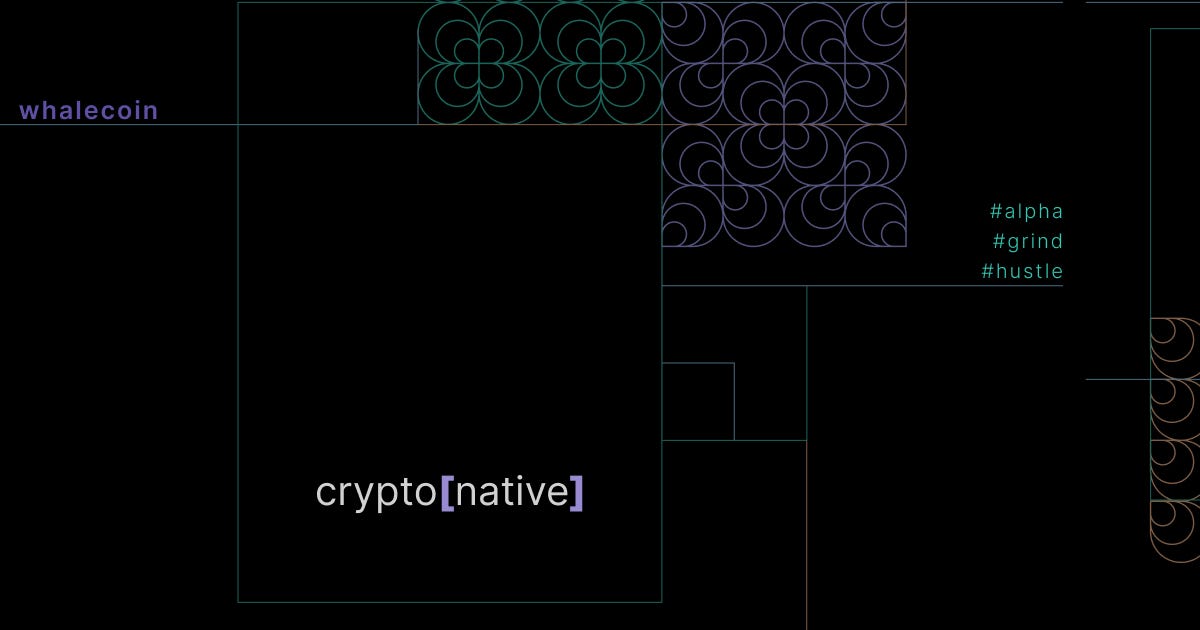
Part 3: Passports Without Borders
Universal Profiles are your passport, your flag, and your API for trust. This isn’t your Web2 identity, it’s your composable self in a…
Publishes on July 1st, 12:41pm. Subscribe now and receive the post in your inbox when it’s live
Available in 10 days, 23 hours, 35 minutes, and 9 seconds
![crypto[native]](https://substackcdn.com/image/fetch/w_80,h_80,c_fill,f_auto,q_auto:good,fl_progressive:steep,g_auto/https%3A%2F%2Fsubstack-post-media.s3.amazonaws.com%2Fpublic%2Fimages%2Fc94827b0-d403-4ff4-a1dc-b507623bbbd2_1000x1000.png)

![crypto[native]](https://substackcdn.com/image/fetch/w_36,h_36,c_fill,f_auto,q_auto:good,fl_progressive:steep,g_auto/https%3A%2F%2Fsubstack-post-media.s3.amazonaws.com%2Fpublic%2Fimages%2Fc94827b0-d403-4ff4-a1dc-b507623bbbd2_1000x1000.png)